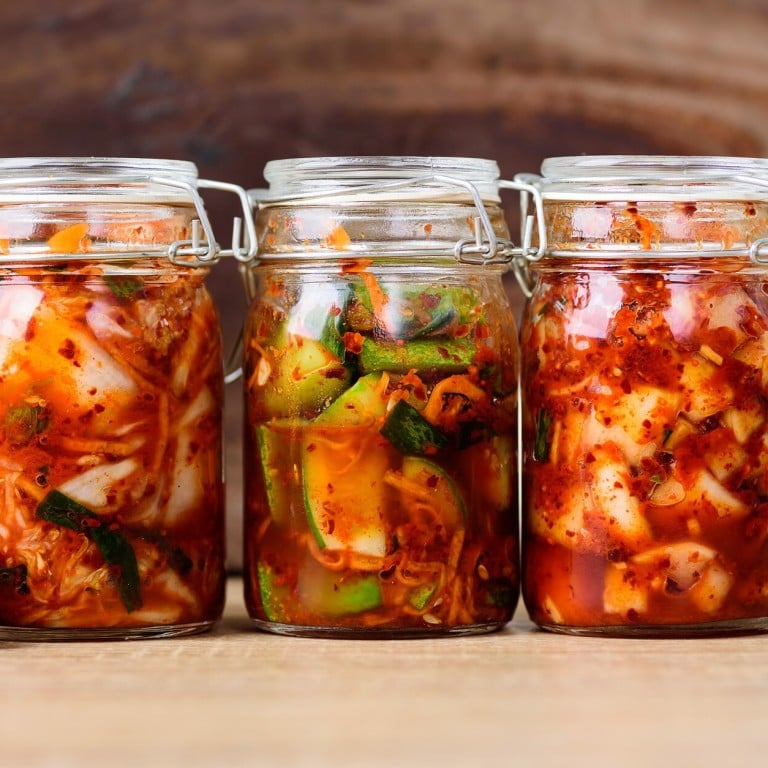Is kimchi South Korean or did China’s pao cai come first? A New York Times ad sparked the latest origin war over the beloved East Asian side dish

- Two influencers – South Korea’s Hamzy and China’s Li Ziqi – clashed over emojis and hashtags as the ‘kimchi wars’ heat up
- Academic Seo Kyoung-duk forked out for an ad affirming kimchi’s Korean origins in the New York Times, adding extra spice to the issue
The controversy has been raging since late November, thanks to three main incidents – or ingredients.
The first was a result of new international regulations for the making of Chinese pao cai, a pickled vegetable dish that is also a Chinese term for kimchi. Chinese state-run media intimated that kimchi was Chinese, which was fiercely disputed by South Korea’s agricultural ministry, media and netizens.

The second involves two internet celebrities: South Korea’s Hamzy and China’s Li Ziqi. A thumbs-up response emoji by Hamzy on an online comment angered Chinese netizens and saw her online shop in China faced with closure. She has since apologised to her Chinese followers. Li on the other hand suffered backlash from Korean followers to hashtags she used as part of a vegetable pickling video.
Round three came on January 18 with a full-page ad placed in The New York Times affirming kimchi’s Korean origin. But is that the last word? It seems unlikely.

It is common to read that this important staple of both North and South Korea dates back to the end of The Three Kingdoms of Korea period (57BC to 668AD). Some though consider this reference to be about fermentation in general, including fermented vegetables.